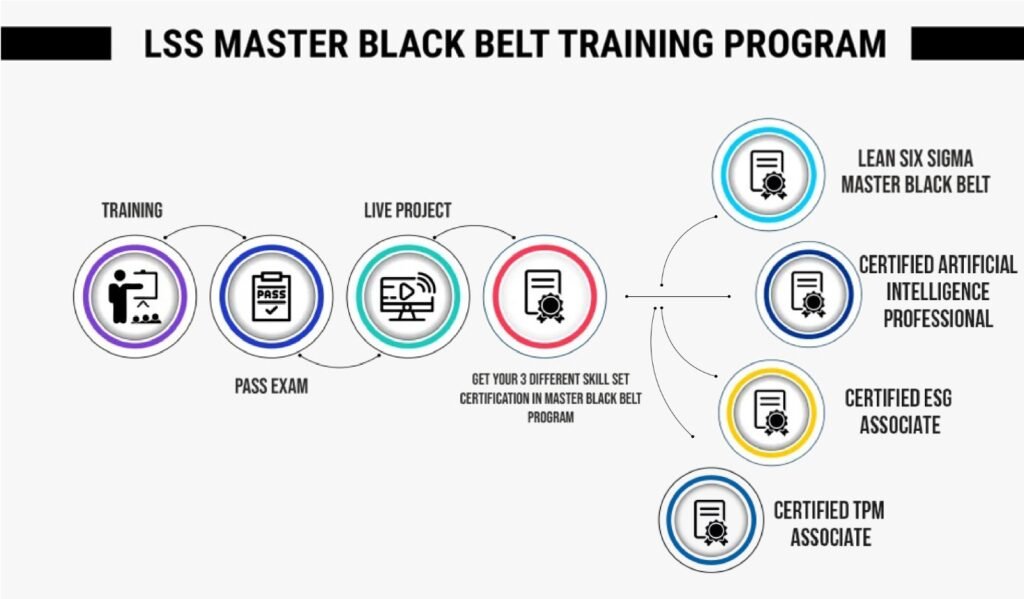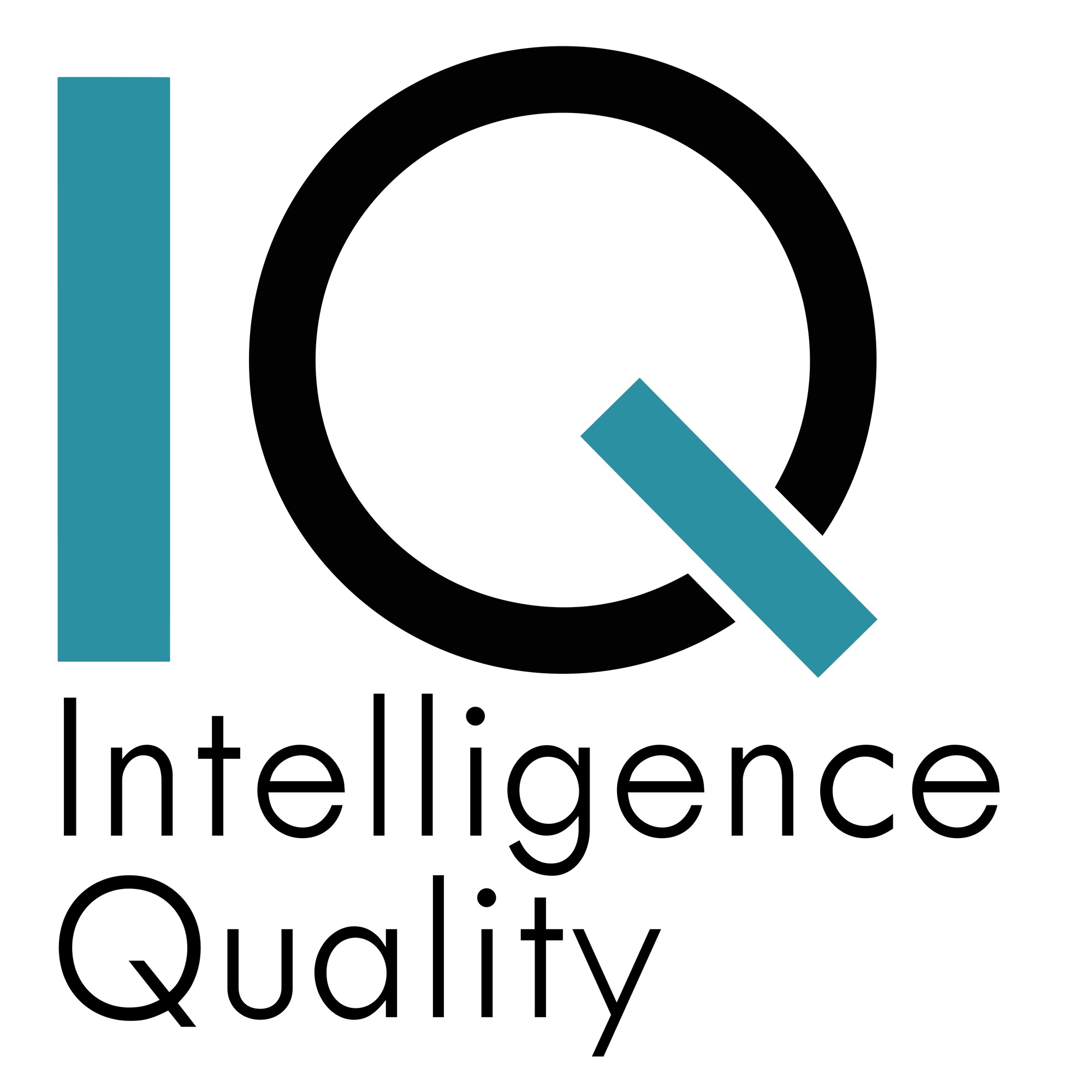What is ESG?
ESG stands for Environmental, Social, and Governance – three key factors used to measure how responsible and sustainable a business or organization is.
- Environmental (E): How a company impacts the planet – including energy use, carbon emissions, waste management, and resource conservation.
- Social (S): How a company treats people – employees, customers, communities, and society at large. This includes diversity, human rights, workplace safety, and community engagement.
- Governance (G): How a company is managed – covering ethical practices, leadership, transparency, board accountability, and compliance.
Who should attend?
- Business Leaders & Executives
- Sustainability Professionals
- Risk & Compliance Officers
- CSR & Governance Teams
- Investors & Financial Analysts
Fundamentals of ESG:
- Main Approaches for ESG indicators in India
- Nine Principles of Business Reporting
- Linking ESG Framework with SDGs
- Linking Business Principles with ESG
- Existing international standards for ESG reporting
- Comparative Analysis of Existing Framework
- COP 21 -Paris Agreement (2015)
- The growing demand of ESG and Status of ESG in India
- Existing of different types of Laws in India
- Industry based Applicable Laws
- ISO Certifications: Popular Standards pertaining to ESG
Environmental related issues, Challenges & Implementation strategies of ESG:
- Definition of Environment Aspects in ESG
- Environmental Management Systems
- Water & Energy Management Systems
- Waste Management [including EPR]
- Circular Economy
- Green logistics & Water Footprint
- Net zero – GHG Emission Carbon Footprint
- Carbon credit eco system
Social related issues & Challenges in ESG:
- Definition: Social Aspects of ESG
- Existing of different types of Laws in India
- Main Approaches for social ESG indicators in India
- Operational Difficulties within the Company
- Operation Difficulties outside the company
- Human Resource Management – Inside & Outside Stake Holders in a Company
- Internal ‘Social’ Element in ESG (Employees) and External ‘Social’ Element in ESG (Community)The Difference between CER & CSR
- Un addressed Issue & Challenges of SOCIAL in ESG
Governance related issues & Challenges in ESG:
- Meaning & Definitions
- Elements of Governances
- Sharing Experience of Governance in Industries
- Governance Indicators in Industries
- Corporate Governance Framework In India
- Role of Governance with SDGs
A way forwarded – ESG reporting, Operational Difficulties & Probable Solutions:
- Operational Challenges of ESG
- Advocating ESG in context to SDG
- Classification of Interventions/Activities under UN SDGs indicators
- Progress of ESG Framework for reporting
- Business Responsibility & Sustainability Reporting (BRSR) Format
- Matrix for Evaluation of Industries under ESG Reporting Framework
- Recommendations and Conclusions for ESG Scheme in context of INDIA
Get a closer look at how your achievement will be recognized. Click below to download a sample certificate.



